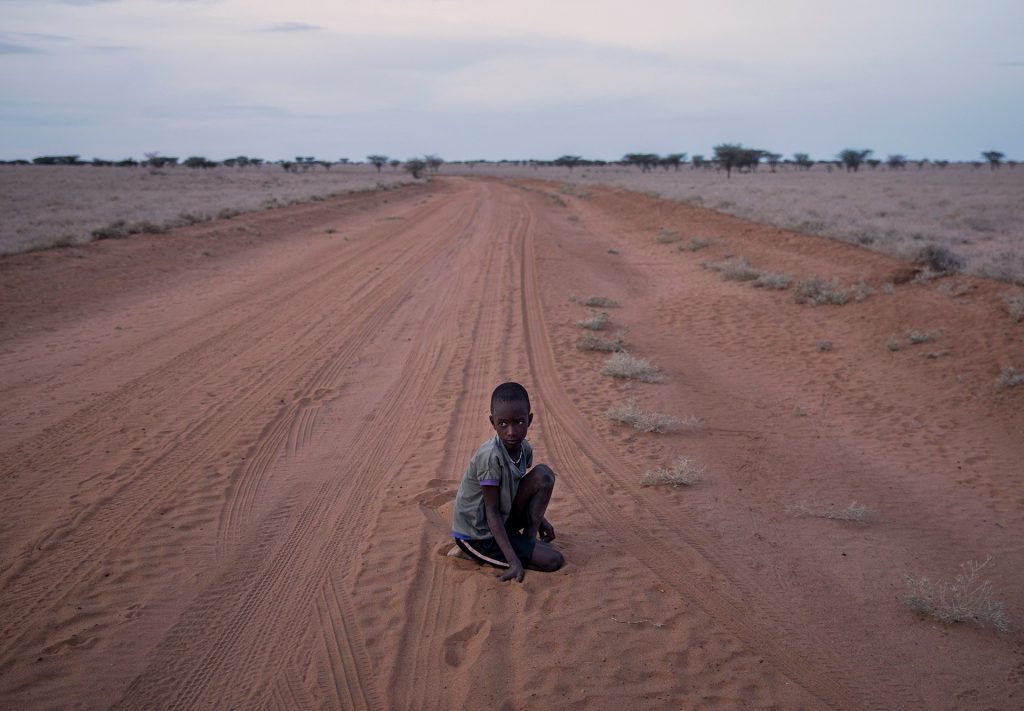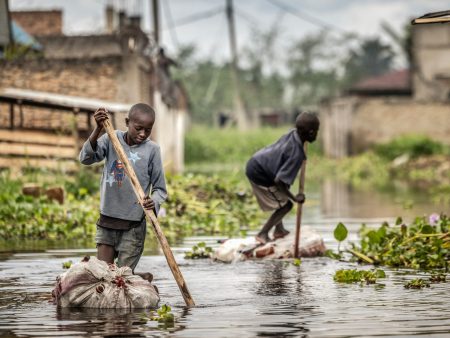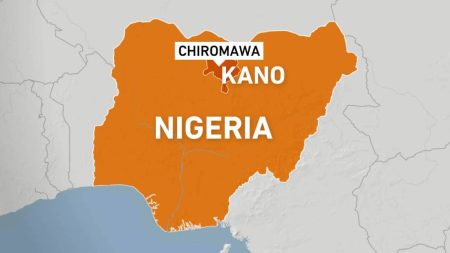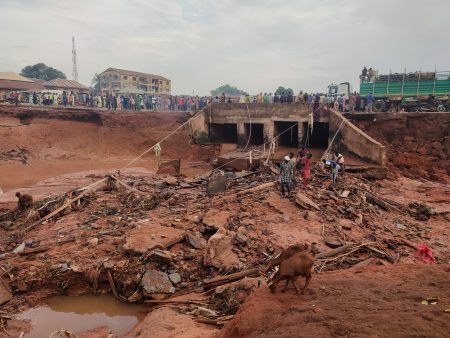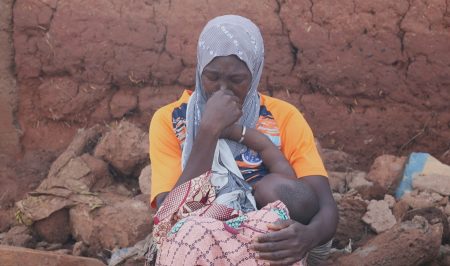Kenya is currently grappling with a devastating drought, the worst in four decades, leaving millions of its citizens struggling for survival. This crisis is not an isolated incident but rather a stark manifestation of the escalating climate emergency. Droughts, once predictable seasonal occurrences, have become increasingly frequent and intense, pushing the already vulnerable populations of Kenya’s arid and semi-arid regions to the brink. These communities, whose livelihoods are intrinsically linked to agriculture and livestock, are witnessing their traditional ways of life erode as water sources dwindle and crops fail. The United Nations paints a grim picture of a nation parched, with rivers, lakes, and even underground aquifers drying up, leaving millions without reliable access to safe drinking water. This scarcity forces women and children in northern Kenya to embark on arduous daily treks, covering ever-increasing distances in search of often-contaminated water, exposing them to the risk of waterborne diseases.
The severity of Kenya’s plight underscores a global climate injustice. While industrialized nations bear the historical responsibility for the majority of greenhouse gas emissions driving climate change, it is countries like Kenya, with minimal contributions to the problem, that are bearing the brunt of its devastating consequences. Kenya’s dependence on rain-fed agriculture makes it particularly susceptible to the erratic weather patterns and prolonged droughts brought on by climate change. The loss of livestock, failed harvests, and resulting food insecurity are driving displacement and exacerbating existing inequalities within the country. The scarcity of water also fuels conflict over dwindling resources, further destabilizing communities already struggling with the impacts of climate change.
At the 2024 UN Climate Change Conference (COP29) held in Baku, Azerbaijan, Kenya amplified its call for greater financial support from developed nations. Recognizing the disproportionate burden placed on vulnerable countries, Kenya urged for increased funding to implement crucial adaptation measures and build resilience against future climate shocks. This appeal highlights the ethical imperative for wealthier nations to provide financial assistance, acknowledging their historical role in creating the climate crisis and supporting those least equipped to cope with its consequences. Kenya’s plea resonated with other developing nations facing similar challenges, emphasizing the urgent need for concrete financial commitments to translate global climate rhetoric into tangible action on the ground.
COP29 culminated in the “Baku Climate Unity Pact,” a significant agreement encompassing new collective financial targets designed to aid vulnerable countries like Kenya. The pact also outlines a roadmap for global climate adaptation, emphasizing the importance of strengthening the resilience of nations most susceptible to climate change impacts. This framework aims to empower countries to implement locally-driven solutions, ranging from drought-resistant crops and water conservation techniques to early warning systems for extreme weather events. The inclusion of specific financial targets represents a crucial step towards ensuring that developing countries have the resources necessary to adapt to the changing climate and protect their citizens from its escalating threats.
However, while the “Baku Climate Unity Pact” offers a glimmer of hope, the true test lies in its implementation. History is replete with international agreements that have fallen short of their ambitious goals, often due to a lack of political will and inadequate funding. The challenge now is to translate the promises made in Baku into concrete actions that deliver tangible benefits to countries like Kenya. This requires not only financial commitments but also technology transfer, capacity building, and genuine collaboration between developed and developing nations. Monitoring mechanisms and accountability frameworks are crucial to ensure that pledged funds are disbursed effectively and that adaptation projects are implemented in a transparent and equitable manner.
The situation in Kenya serves as a stark reminder of the urgency of the climate crisis and the interconnectedness of our global community. While the outcomes of COP29 signal a growing global commitment to address the needs of vulnerable nations, the real work begins now. Transforming promises into tangible action is paramount to mitigate the devastating effects of drought and climate change on Kenya and other countries facing similar challenges. Only through sustained global cooperation and decisive action can we hope to build a climate-resilient future for all. The drought in Kenya is not merely a local crisis; it is a global wake-up call demanding immediate and concerted action.




